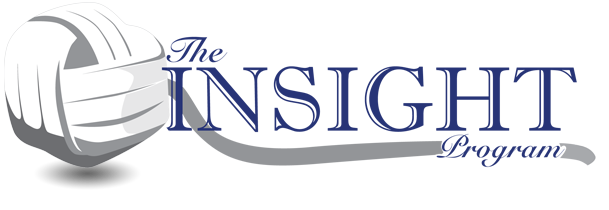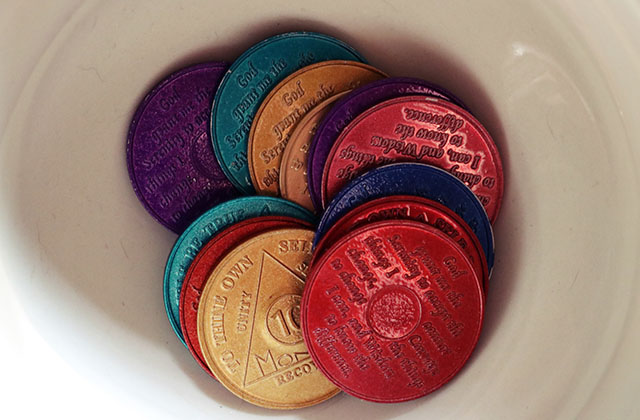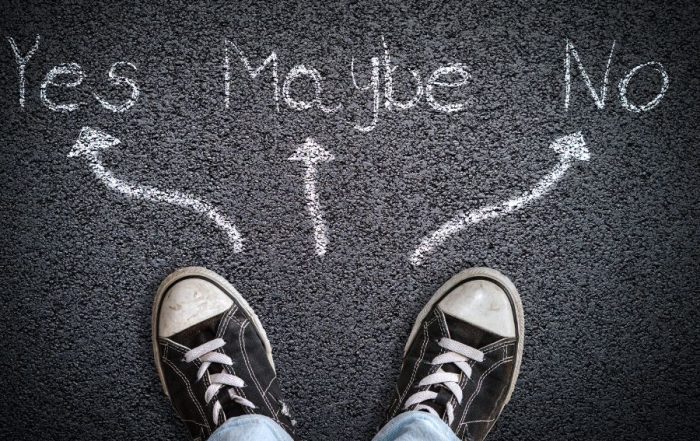Early Sobriety: What to Expect in the First Few Months of Recovery
Almost invariably, newcomers in early recovery from addiction report that the first few months were very difficult. Newly sober individuals must adjust to a totally new way of living, and it’s normal to feel overwhelmed. This is also when people experience the most intense cravings and withdrawal symptoms. If you are just starting out on your journey to sobriety, you may be wondering what to expect in the coming weeks and months.
Whether you’re considering addiction treatment or considering checking out your local 12-step club for the first time, we hope this article will help you understand what to expect in recovery, how long it will take to feel better, and cover some important strategies for managing these early stages.
What to Expect in Early Sobriety
If you’re wondering what to expect in early sobriety, here are a few things you’ll likely experience:
Strong Emotions
Most people who get sober have tried to quit using drugs or alcohol on their own in the past. If this describes you, then you likely already know that you’re probably going to experience some strong emotions once you quit using.
You will likely feel a range of emotions, including sadness, anger, frustration, and fear. Especially after the pink cloud phase of recovery, it’s common to feel as though these emotions will never go away, and it’s common for any negative choices we’ve made during our using days to haunt us for a time.
The good news is that these emotions will calm down over time. If we’ve spent any amount of time playing with our brain chemistry, we can expect things to be a little out of whack when we stop.
Most people in recovery report that after a few months of recovery, their emotions become easier to manage, their self-worth is improves, their mental health improves, and they’re better equipped to handle the situations they are faced with on a daily basis without turning to old behaviors.
Difficulty Sleeping, Eating, or Concentrating
Though the intensity and specificity of these effects can vary wildly from drug to drug, it’s important to understand that these effects are normal, and they’ll get better over time. Most people who sober up have some sort of difficulty with sleeping, eating, or concentrating.
As with other physical and mental effects of quitting drugs and alcohol, these are largely a result of “bouncing back” from the chemical effects that our using had on our brains and lifestyles.
For instance, whereas an opiate user may find it almost impossible to sleep or eat, a cocaine user may find that they experience ravenous hunger and feel perpetually exhausted. A marijuana user may find themselves lacking in motivation to complete basic tasks, and struggle to focus on simple thing.
The important part isn’t to get hung up on the individual effects themselves, but rather to understand that they are only temporary.
Cravings for Drugs or Alcohol
One of the most obvious effects of recovering from substance use disorders is cravings for the substance. The reasons for this are two-fold: first, you’re experiencing the direct desire to use substances to numb the emotions and difficulties that arise in early recovery. Second, you’re adapting to a new routine:
Studies have shown that the intensity of cravings vary based on the user’s typical behavior routine. For instance, a drug user who smokes marijuana every morning as soon as they wake can expect intense cravings early in the morning hours, whereas an alcoholic who typically starts drinking every day at 5PM will experience those same cravings later in the day.
This tells us that our behavior and habits are linked directly to our cravings. These cravings can be very intense, but they will eventually go away (we’ll discuss more about how to manage cravings later in this post).
Physical Withdrawal Symptoms
As with some of the effects mentioned above, the duration and nature of physical withdrawal symptoms can vary wildly based on the individual’s drug of choice, using pattern, and a host of other factors. Some people experience horrible withdrawal symptoms (such as nausea, shaking, or sweating), whereas others experience very little withdrawals, if any.
The good news about physical withdrawal symptoms is that they tend to peak in the first few days and then start getting better. Even in cases were acute withdrawal symptoms last a week or more, you can expect them to be significantly better after the first two to three days.
Note: If you expect to experience any withdrawal symptoms, it’s important to be evaluated by a medical professional early in the recovery process. A doctor can help you understand what you’re likely to experience, and can make a recommendation as to whether or not you’ll likely need extra services such as a medical detoxification program.
Tips to Make it Through Early Recovery
There are a few things you can do to make the early stages of sobriety more manageable.
Build a Support System
While many individuals do have family members and a few supportive friends to lean on, we recommend specifically connecting with individuals in recovery who can specifically relate with what you’re going through. These people can provide valuable emotional support and practical advice.
By definition, early recovery is temporary. It’s important to remember that just because we’re highly focused on a recovery-based peer group now, doesn’t mean it has to stay that way forever.
However, you may be surprised at the quality of friendships you develop early in recovery. Most folks in long-term recovery credit the quality of their relationships as having a major part to play in their success, even avoiding sneaky relapses when things are going well.
Pick up the Phone
It’s one thing to develop some relationships with recovering individuals early on. It’s another thing to develop a practice of honesty with them. Learning to lean on others, rely on their wisdom, and take their advice is a skill every recovering person must master. If you’re thinking about using, call someone first!
Friends in recovery can help you avoid high-risk situations, potential relapses, and provide you with alternatives as you discover your new, sober life.
Allow Yourself to Have Fun
Recovery groups everywhere understand the importance of fun in sobriety. It’s why you’ll often hear of get-togethers, camping trips, sober events, and sober sports leagues, and a host of other fun outlets once you get exposed to most recovery groups. We recommend that you participate in as many of these fun events as you have time for.
Spending time having fun is extremely helpful in kick starting our brain’s ability to feel joy again, and it’s also a fantastic way to further develop the depth of your relationships in recovery!
Remember That Everything You’re Going Through is Temporary
We often say to our clients, “don’t take temporary for permanent.” Newly sober individuals often have a really tough time with this concept. Especially if we haven’t drawn a sober breath in years, it’s extremely difficult to be thrust into physical withdrawals, extreme guilt, and uncomfortable situations, only to be told, “it will get better.” We get it.
The truth is, if sobriety really was that bad, nobody would stick around long-term. A quick glance into your local AA club can verify that there are many happy individuals with years of recovery out there who got through the first few months of staying sober. The key is to stick with it, one day at a time.
In Conclusion
If you’re struggling with addiction to drugs or alcohol, the early sobriety phase seems like a daunting task. But it’s important to remember that many people have successfully overcome addiction and gone on to lead happy, fulfilling lives.
With the right supports in place, you can do the same. If you or someone you love is struggling with addiction, please reach out for help. There is hope.







